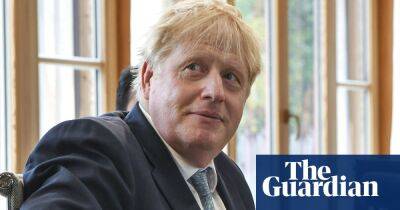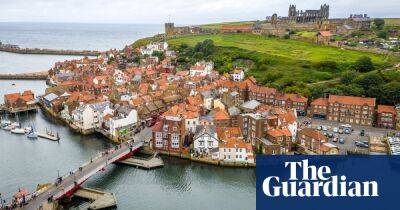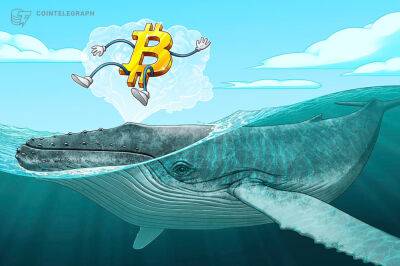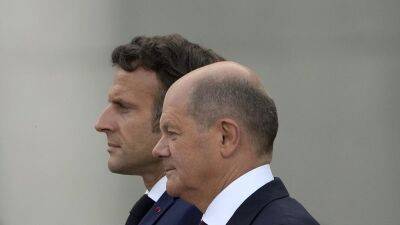What does EU’s partial oil ban mean for Russia and rest of Europe?
After nearly a month of wrangling, the European Union has agreed to a partial ban on Russian oil, with the aim of cutting off funding to the Kremlin’s war machine. According to the European Council president, Charles Michel, three-quarters of Russian oil imports will be immediately affected, rising to 90% by the end of the year.
The EU is banning seaborne oil immediately, which covers about two-thirds of Russian imports to the EU. Oil transported through the critical Druzhba (“friendship”) pipeline will be exempt from the ban, a key concession to Hungary, which is heavily dependent on Russian oil.
The EU is confident most Russian oil flows will cease by the end of the year, because Germany and Poland, countries on the northern branch of Druzhba, have promised to forgo its supplies. Countries on the southern branch of the Soviet-era pipeline – Hungary, Slovakia and the Czech Republic – will benefit from the temporary exemption.
That’s not clear. Ursula von der Leyen, the European Commission president, who has been driving sanctions policy, promised the EU would discuss how to close the loophole “as soon as possible”. Hungary is seeking EU cash to retool its oil refineries that can only take Russian crude. Croatia also needs time to boost supplies to its northern neighbour through the Adria pipeline. EU leaders have avoided giving details on the end date of the exemption for central Europe.
The EU is paying Russia about €1bn a day for oil and gas, an invaluable source of hard currency for the Kremlin in funding its war against Ukraine. A sharp cut in those financial flows deepens Russia’s economic problems in the long term. Some economists have warned, however, that it could have the perverse effect of helping Moscow in the
Read more on theguardian.com



![Lido Finance [LDO]: Assessing what went wrong with this token in the last seven days - ambcrypto.com - city Santimentalthough](https://finance-news.co/storage/thumbs_400/img/2022/6/27/31273_3eejp.jpg)



![As Bitcoin [BTC] moves above $20,000, has the king token decided to make a slow recovery this time around? - ambcrypto.com](https://finance-news.co/storage/thumbs_400/img/2022/6/26/31269_tbu.jpg)
















